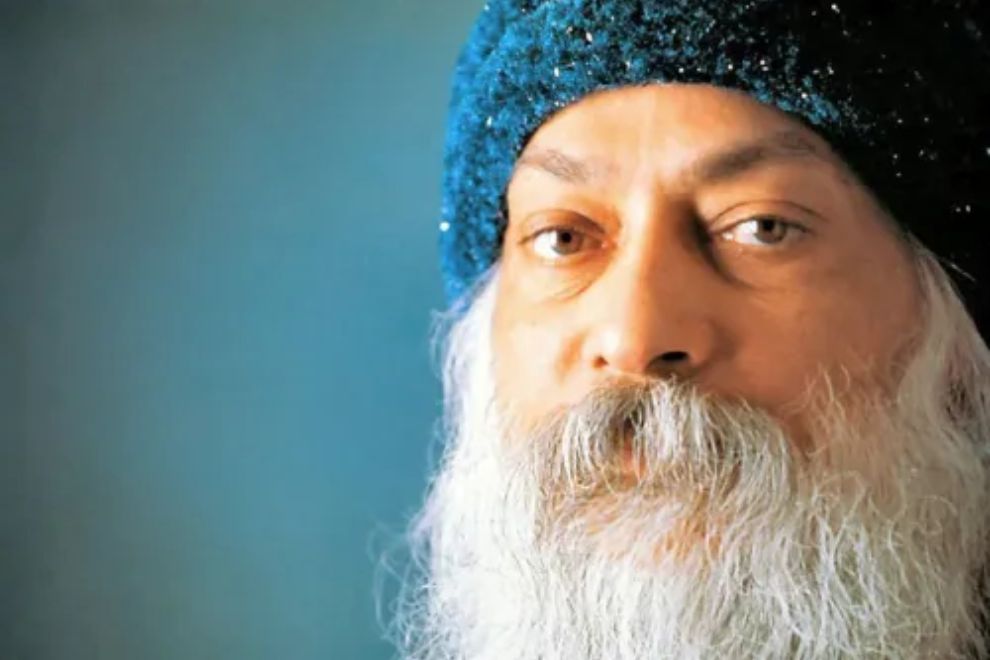Buck Owens: The Bakersfield Sound’s Greatest Voice
1. Introduction – Who Was Buck Owens and Why He Matters When you think of American country music that steps outside Nashville’s traditional polish, one name stands tall: Buck Owens. Known as a pioneer of the Bakersfield Sound, Owens transformed the way the world heard country music. His style was raw yet refined, upbeat yet heartfelt, and full of twang that could make you want to dance or cry—sometimes both at once. More than just a singer, he was a songwriter, television star, and savvy businessman whose influence still echoes in today’s music. 2. Early Life and Struggles Alvis Edgar “Buck” Owens Jr. was born on August 12, 1929, in Sherman, Texas, during the Great Depression. His family endured hardship, moving to Mesa, Arizona, when he was still a boy in search of better opportunities. Money was tight, but music was free, and Owens gravitated toward it like a moth to light. From an early age, he was self-taught on guitar, and by his teens, he was already performing in local bars. Life in the Owens household wasn’t glamorous—he picked crops and took odd jobs—but music was the steady heartbeat that kept him going. This rough-and-tumble upbringing gave Buck’s later music its authenticity. 3. The Bakersfield Sound In the late 1940s and early 1950s, Owens moved to Bakersfield, California—a city that would become synonymous with his name. Country music there was different from the lush, orchestral Nashville Sound; it was stripped down, loud, twangy, and influenced by honky-tonk and rock & roll. Buck, along with artists like Merle Haggard, became one of the leading figures of this new sound. With a driving backbeat, bright Telecaster guitars, and a style perfect for both dancing and drinking, the Bakersfield Sound would challenge Nashville’s dominance. 4. Rise to Fame Owens’ big break came when he signed with Capitol Records in 1957. His early singles didn’t gain much traction, but persistence paid off. By 1963, his hit “Act Naturally”—later famously covered by The Beatles—reached No. 1 on the Billboard Country chart. This was followed by a string of hits like “Love’s Gonna Live Here,” “Together Again,” and “I’ve Got a Tiger by the Tail”. Owens’ voice was instantly recognizable: strong, clear, and full of character. His music wasn’t overly sentimental—it was straightforward, relatable, and infectious. 5. Signature Songs and Albums Some of Buck Owens’ most memorable works include: His albums, often backed by The Buckaroos, showcased both energy and musicianship rarely matched in the era. 6. Buck Owens and The Buckaroos The Buckaroos were not just a backing band—they were a force. Featuring legendary members like Don Rich on guitar and fiddle, they brought an unmatched level of tightness and flair to Owens’ performances. Their harmonies, showmanship, and instrumental precision helped elevate Buck’s live shows into unforgettable experiences. 7. The Hee Haw Era In 1969, Buck Owens took a surprising turn into television with Hee Haw, a country-themed variety show filled with comedy sketches and musical performances. Co-hosting with Roy Clark, Owens reached millions of viewers who might never have otherwise discovered the Bakersfield Sound. Though some critics saw it as “corny,” Owens understood its power—it kept his name and music in households across America for more than a decade. 8. Later Career and Comeback By the mid-1970s, Owens faced personal and professional challenges, including the tragic death of Don Rich in a motorcycle accident. His music career slowed, but he remained active in business, owning radio stations and other ventures. In 1988, he made a triumphant comeback, teaming up with Dwight Yoakam for a duet of “Streets of Bakersfield”—a song that became a No. 1 hit and reintroduced Buck Owens to a younger audience. 9. Musical Style and Legacy Buck Owens’ style was marked by: His influence can be heard in artists from Dwight Yoakam to Brad Paisley, and even in rock acts that admired his no-nonsense approach to music. 10. Life Lessons from Buck Owens Owens’ journey offers several lessons: 11. 50 Original Buck Owens–Inspired Quotes (These are original, written in a style inspired by Owens’ straightforward wit and country charm.) 12. Conclusion – Why Buck Owens Remains a Timeless Icon Buck Owens wasn’t just a musician—he was a cultural force. He broke the mold of country music, brought joy to millions, and proved that authenticity never goes out of style. From dusty Texas fields to television screens across America, his story is one of grit, innovation, and heart. Today, when the first twang of a Telecaster cuts through the air, somewhere in that sound, Buck Owens is still smiling.










